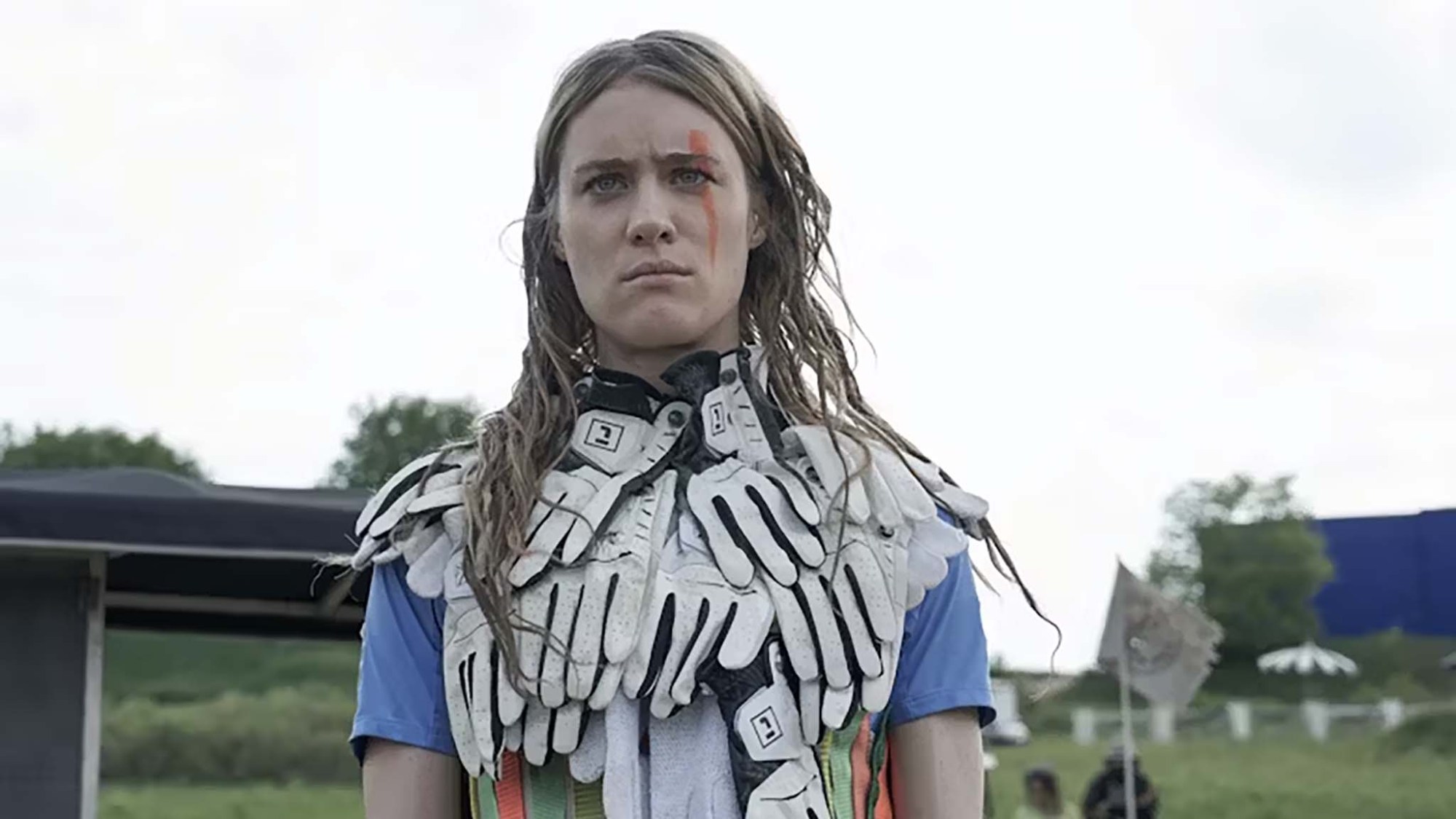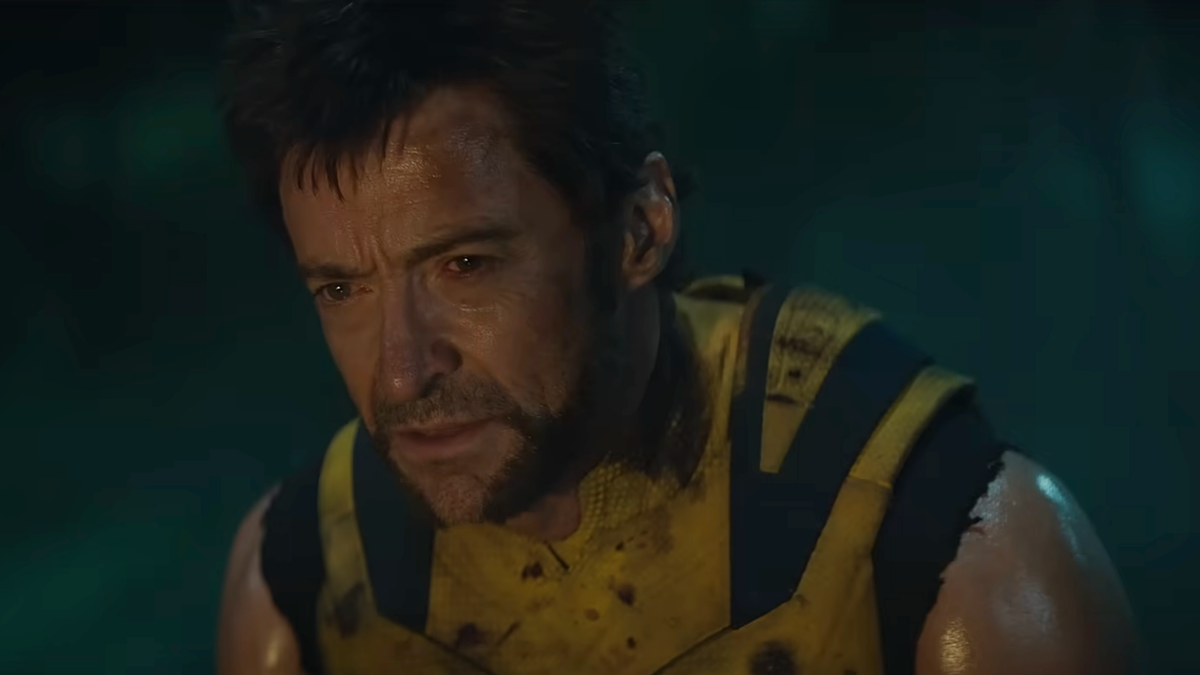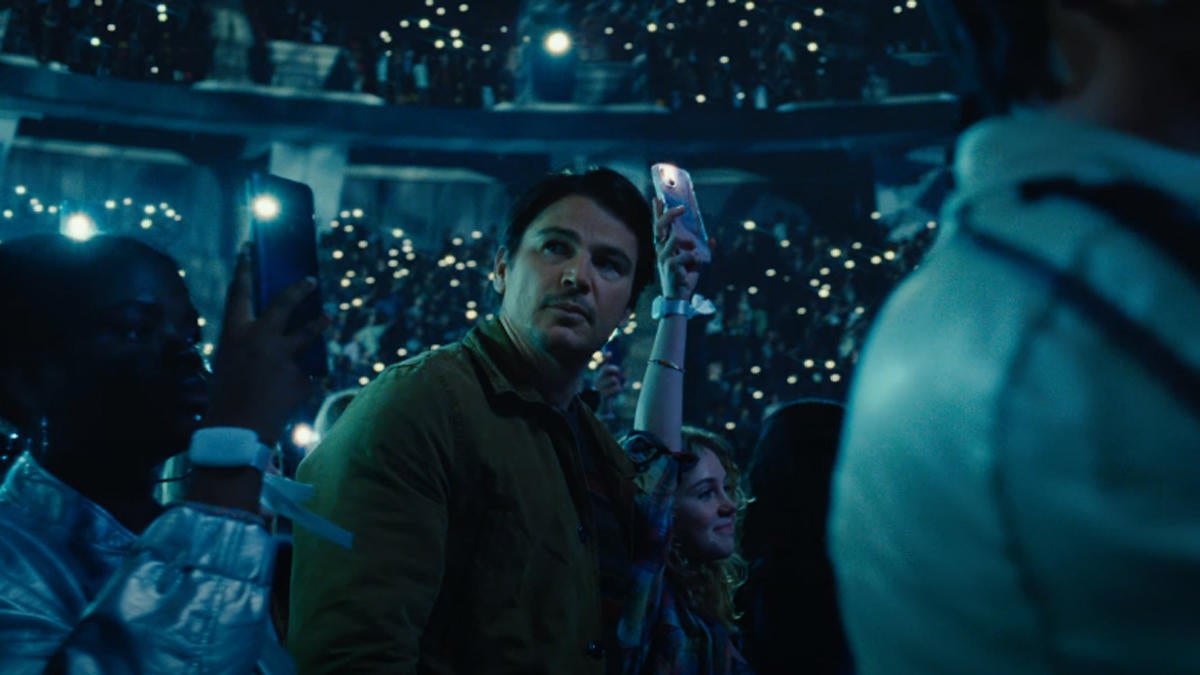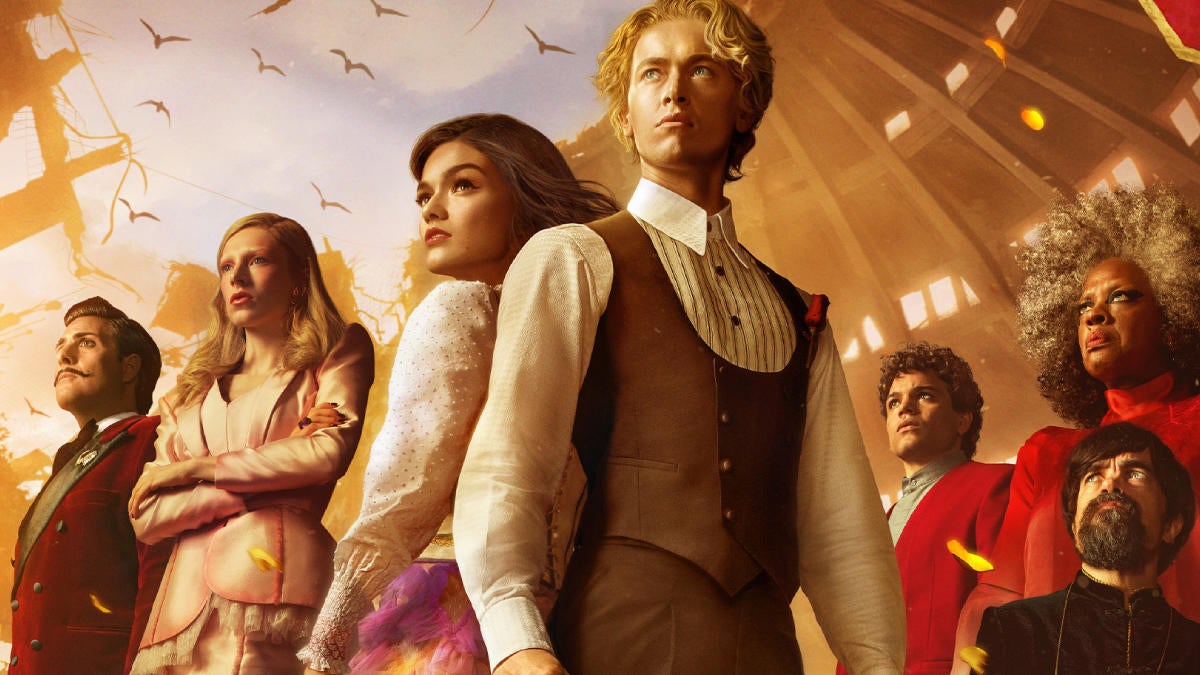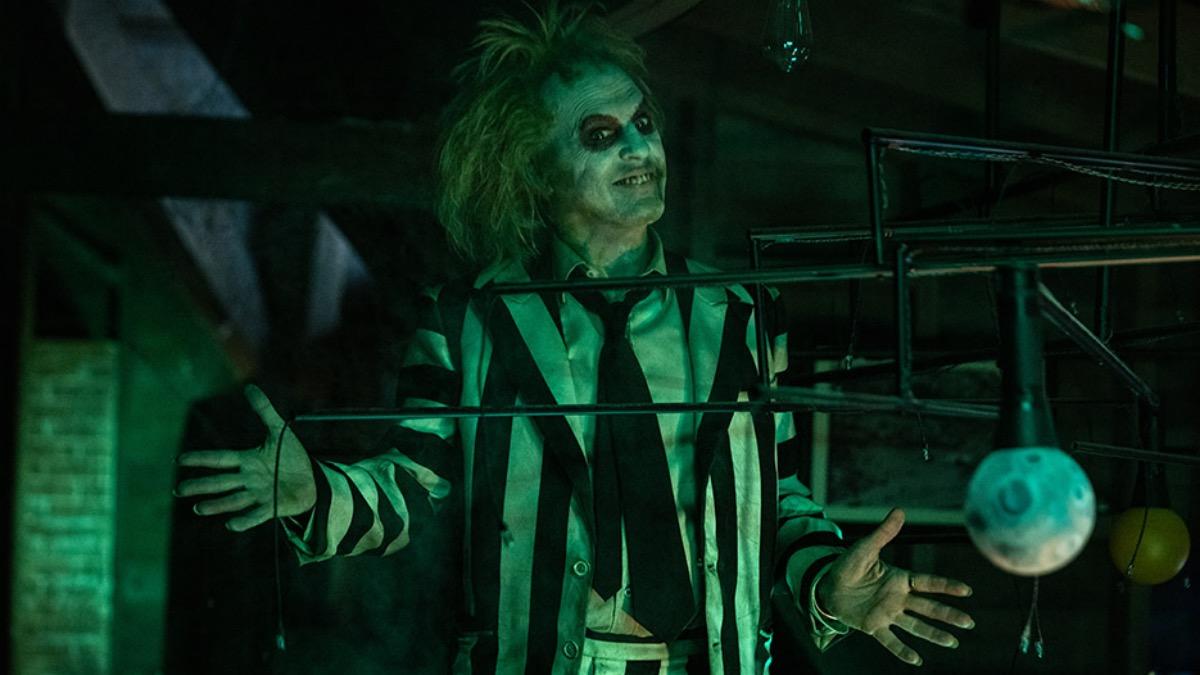Adapting a book from page to screen is a tricky thing. In addition to the creative challenges of taking a story from one media type to another, there’s something more personal at stake. Books tend to have passionate fans who, while eager to see their beloved stories brought to life, also have very exacting expectations for how it’s executed. Between these two variables, the result is that many adaptations miss the mark — after all, the saying “the book was better” exists for a reason. But every so often an adaptation gets things right and sometimes, gets things better than the source material ever did. And in one case, that adaptation not only got everything right but did it by making major changes to the book: Station Eleven.
Videos by ComicBook.com
Released in 2021 on then-HBO Max, Station Eleven is a miniseries adaptation of Emily St. John Mandel’s 2014 novel of the same name. The story is set 20 years after a devastating flu pandemic leads to the collapse of civilization and follows a group of performers who travel from town to town bringing art to the survivors while encountering a violent cult led by a mysterious man. The storytelling largely centers around two main figures, Kirsten Raymonde who was an eight-year-old actor at the time of the pandemic and Jeevan Chaudhary, an aspiring paramedic whose path crosses Kirsten’s as the pandemic begins. But while both the book and the series feature these key elements and with them, much of the core of Mandel’s book, the series makes some key changes that not only make for engaging television but makes the original story even better.

The primary deviation from the page to the screen involves Kirsten and Jeevan’s interconnected story. In the book, Jeevan merely encounters young Kirsten the night the end begins as the girl is one of the child actors in a performance of King Lear. When the play’s star, Arthur Leander, has a fatal heart attack on stage, Jeevan tries to save him, but is unable to and instead comforts young Kirsten, who was close to Arthur. After handing her off to someone from the production, Jeevan gets a call about the impending pandemic and is advised to leave town, though he instead loads up on supplies and goes to stay with his brother, Frank instead.
[RELATED: Wicked: Ranking the Best Wizard of Oz Movie and TV Adaptations]
In the series, however, Jeevan ends up escorting young Kirsten home, but they are unable to contact her parents. With the situation seeming dire, Kirsten ends up remaining with Jeevan, taking supplies to Frank’s apartment where they all barricade themselves inside and watch the world as they know it end. Eighty days later, Jeevan and Kirsten leave the apartment alone to leave the city with humanity and civilization as they know it destroyed by the virus. It’s a subtle change, but it ends up being a powerful one that allows for deeper connections not only to an overall humanity but between the characters in the story as it is slowly revealed that each of the characters are connected with the late Arthur Leander as a primary through-line — and the work of his first wife, Miranda providing another connection as well. The book also softens the mysterious cult leader a great deal, giving him a different motivation and a redemptive arc.

While the changes to the book’s story give Station Eleven as an adaptation more of a cohesiveness and more directly provides important connections to the disparate group of survivors that the story introduces audiences to, the adaptation also expands a bit on the story of the overall world Station Eleven is still in and connected to. In the book, Jeevan’s story is largely at its end when we first meet him the opening chapters — the book reveals his connection to Arthur, Miranda, and eventually Kirsten comes from his previous careers as a paparazzo and then an aspiring entertainment journalist before he chooses to reinvent himself as a paramedic. In the series, Jeevan’s story is just beginning with Arthur’s death and we are given a chance to see how both tragic and complex of a character he is. Miranda’s role as the creator of the Station Eleven comic that is central to both Kirsten and The Prophet’s stories is also a bit more illustrated in the series. Rather than merely being a figure from Arthur’s life whose work intersected with others, Miranda seems almost like an active presence subtly guiding the viewer through the story that, ultimately, ends up being about humanity and connection as much as it is about survival and hope.
These shifts from the book end up making the overall story somehow better — and it’s something that Mandel herself agrees with. Last September, Mandel revealed in an interview with Slate marking the tenth anniversary of the novel’s publication that there were changes that show runner Patrick Somerville made that she thinks gave the story more depth, specifically sending Kirsten home with Jeevan at the start of the end of the world.
“I really love what they did in the show, that plot point toward the beginning where Kirsten goes home with Jeevan,” Mandel said. “I think that’s really smart. That speaks to the power of the television writers room, w here you just have all of these people collaborating to build a world whereas when I’m writing the book, it’s just me alone in my office. And if I were writing it now, I would pay more attention to that uneasy in-between state of just entering or just leaving a pandemic.”
Adapting a beloved story is never easy. It’s complicated and there is a great deal of responsibility not only to tell a good story broadly, but to do right by the source material. While the Station Eleven series is ultimately quite different from Mandel’s novel, it’s because the series deviates from the book that it is quite possibly the best book-to-screen adaptation in recent entertainment. By delving more into the personal connections and the way the survivors are all connected, the series offers something a little more human than the already humanistic themes of the novel. It makes for a beautiful and moving story that doesn’t diminish the reading experience but enhances it instead. The result is the rare case where we can say not that the “book is better” but that the adaptation makes the book better — and that is a major accomplishment.
Station Eleven is available to stream on Max.
